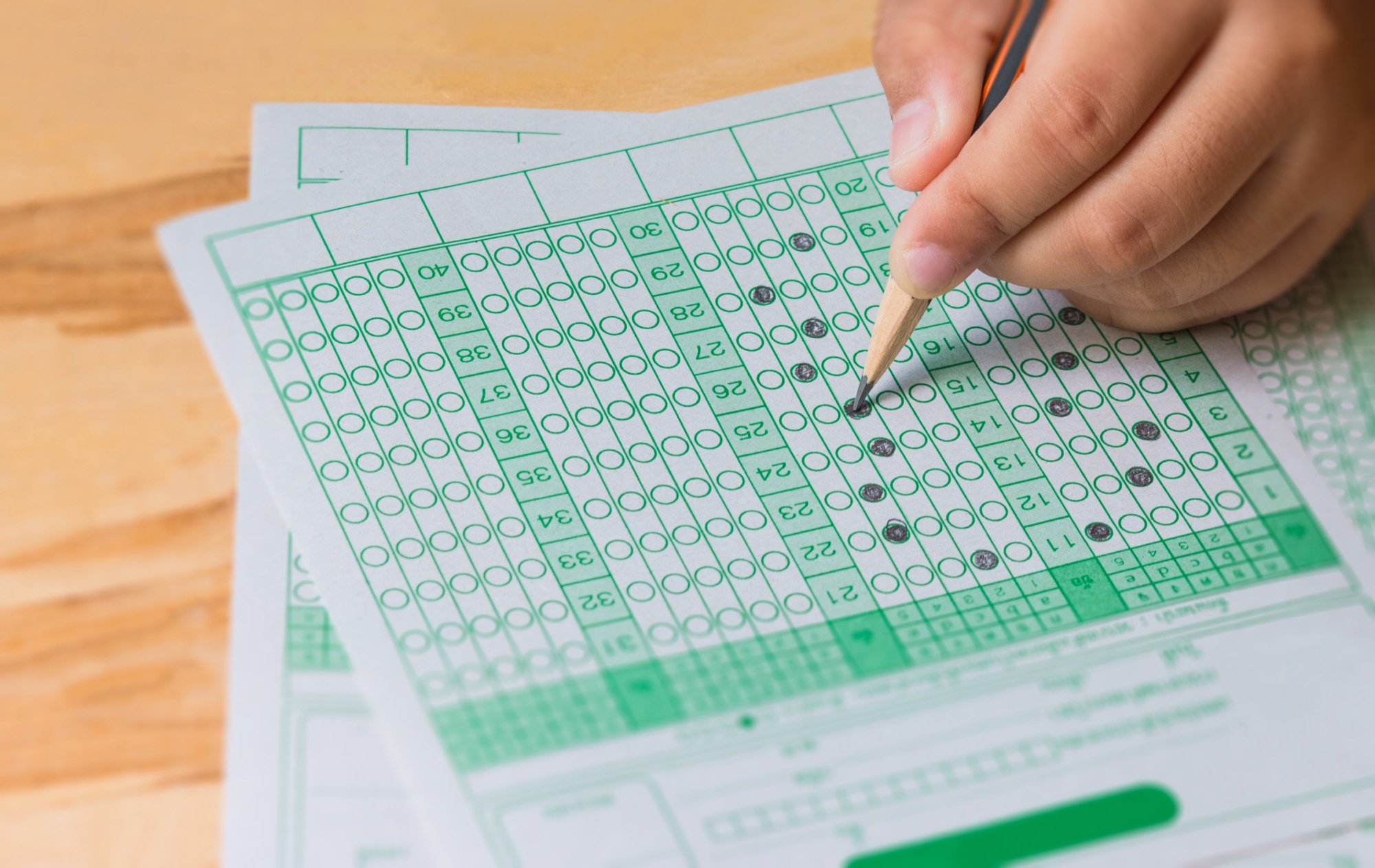COURT HOUSE – Newly-mandated state high school graduation requirements are the subject of a lawsuit brought to have them revoked.
The Education Law Center and the American Civil Liberties Union (ACLU) of New Jersey have joined in asking the courts to overturn the implementation of new high school graduation requirements mandated in 2016 but set to take full effect with the class of 2021.
A 2015 memorandum issued by the commissioner of education announced the planned move to new regulations, but an earlier lawsuit and court settlement delayed state action.
New Jersey has long had proficiency testing as part of its high school graduation requirements based on a 1979 statute.
In 2016, the State Board of Education and the commissioner of education amended that statute’s implementing regulations, mandating new tests to satisfy graduation requirements. Controversy has dogged the implementation of these new requirements with many fearing that thousands of students would not meet them.
The 2016 amendments replaced the long-used High School Proficiency Assessment (HSPA) with the requirement that students pass the Partnership for Assessment of Readiness for College and Careers (PARCC) assessments for Algebra I and English Language Arts 10 as a minimum standard of proficiency for graduation.
While the lawsuit speaks to some technical legal issues, what seems to have sparked the strong reaction to the new requirements is the result of 2017 testing.
According to the Education Law Center the passing rate for Algebra I was 41 percent and for English Language Arts 10 10, 46 percent.
With 86,000 students taking the test, only 39,000 passed, the center said. The Law Center stated that adoption of the regulations would have “a dramatic effect on graduation rates” in the state, “even where students have completed all course credits.”
The current state graduation rate stands at 90 percent. The vast majority of students are qualifying with alternative tests rather than with the PARCC exams.
With each passing year, the options for alternative pathways are reduced as the state inches toward its new requirements. The Class of 2021 will have to rely solely on the PARCC tests.
The Background
In June 2010, New Jersey formally adopted Common Core Standards as the way to best prepare students for the “college and career-readiness demands of the 21st century.”
Beginning in 2009, states across the country were evaluating and adopting the Common Core as the federal government held out the promise of billions of dollars in potential grants to participating states.
The U.S. Department of Education also gave $350 million in grants to two organizations to develop standardized assessment instruments aligned to the new core standards.
The promise of funds and the logic of the argument for standard learning processes across states made sense to lawmakers, especially those strapped for tax revenue following the 2008 financial crisis.
Forty-eight states and the District of Columbia launched the Common Core Initiative and called for common assessments.
PARCC was one of two major consortia of states funded to develop the aligned assessments.
In 2010, PARCC had 26 states in its consortium. Today it has five states and the District of Columbia having just lost Colorado earlier this year. New Jersey is one of those few remaining states.
It is important to note that only a handful of states that adopted the Common Core Standards have revoked them.
Forty-two states and the District of Columbia remain tied to the standards. The struggle has largely been over the assessment testing.
One set of objections has been that the testing has come to dominate the classroom leaving less time for instruction and encouraging “teaching to the test.”
Others have argued that the federal government is taking too great a role in what should be locally-driven policies regarding education.
Another major objection has grown out of attempts to link assessment to teacher evaluations.
Some have even seen this move as an attempt to undermine public education in favor of charter schools, school voucher programs, and online virtual learning.
Proponents of the standards and testing say that it will eventually strengthen public education; producing students better prepared for college and work. They also maintain that it will keep the public school system “globally competitive.”
Lawsuit
The lawsuit argues that the court should reject the amended rules because they violate aspects of the 1979 law and the intent of the Legislature.
That law, the appellants maintain, requires one single test in the 11th grade. The PARCC tests under the new rule are for courses largely taken earlier.
It also maintains that the currently allowed substitute tests, examples being the SAT (Scholastic Aptitude Test) and ACT (American College Testing) are not aligned with the Common Core curriculum and charge a fee.
The suit maintains that the fee puts disadvantaged students at a greater risk.
The state’s reply argues that the intent of the law is well served by the new regulations. The testing earlier in the school experience gives more time for working with students who are struggling so that they gain the necessary skills in time.
The brief submitted to the court by the state attaches a 2016 report of the Study Commission on the Use of Student Assessments in New Jersey. That study maintains that over-testing is a problem of some school districts and not due to the limited testing mandated by the state.
All the legal arguments aside, the issue that has received considerable public exposure is the potential for a dramatic drop in the graduation rate.
The Legislature has been listening to public complaints on the new regulations.
In March, the Assembly voted overwhelmingly to reject the new regulations, and the bill has moved to the Senate.
Meanwhile, the court will hear oral arguments in the case in the fall.
To contact Vince Conti, email vconti@cmcherald.com.
Wildwood Crest – Several of Donald Trump’s Cabinet picks have created quite a bit of controversy over the last few weeks. But surprisingly, his pick to become the next director of the FBI hasn’t experienced as much…








